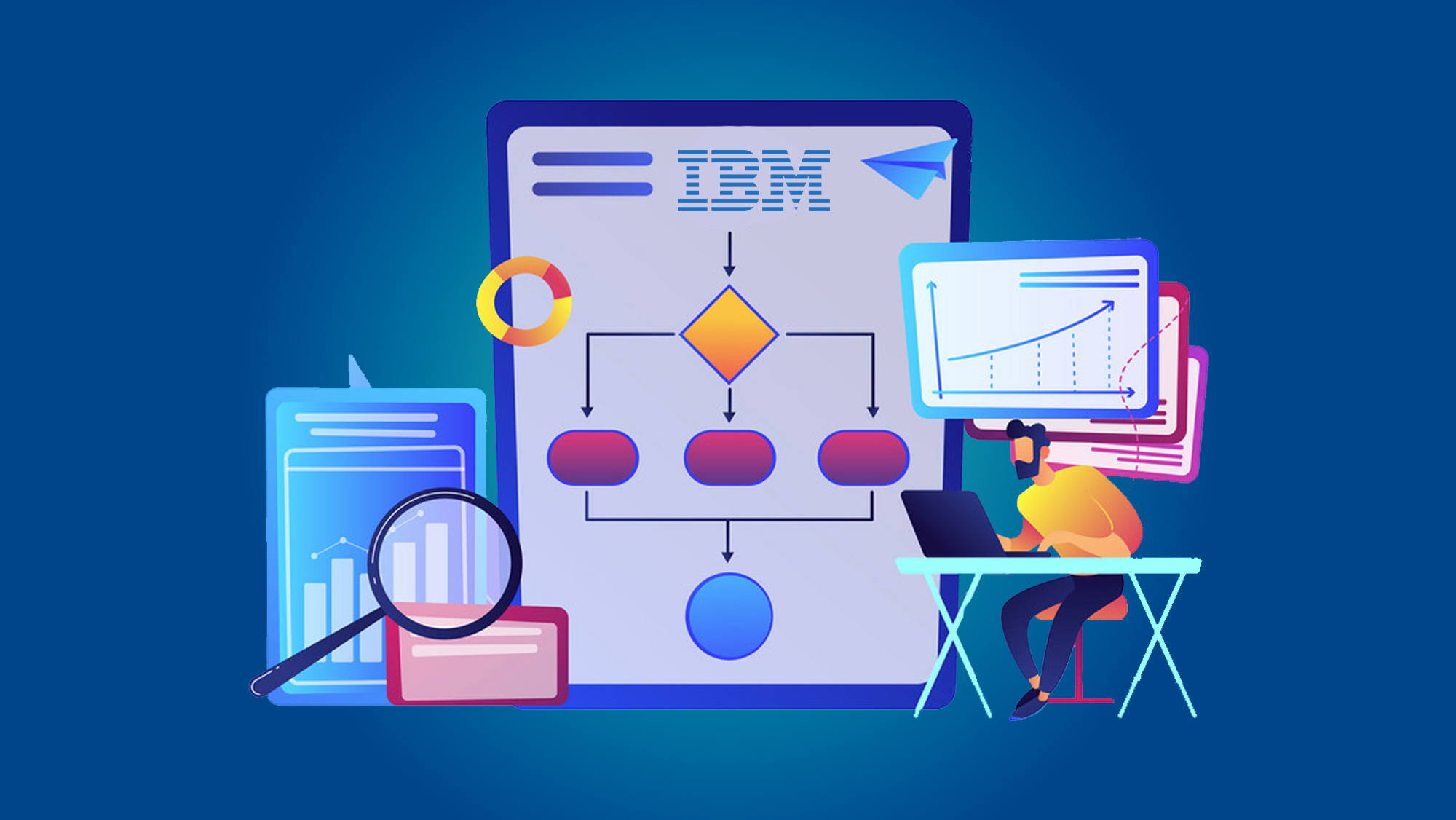Who Needs IBM BPM Training?
IBM BPM Training is beneficial for a range of professionals and stakeholders involved in business process management. This includes business analysts seeking to analyze and optimize processes, process designers responsible for designing and implementing workflows, system administrators tasked with managing IBM BPM environments, and developers involved in customizing and integrating the BPM platform. Additionally, project managers, solution architects, and IT professionals working on BPM initiatives can benefit from training to understand the capabilities and best practices of IBM BPM. Overall, anyone involved in leveraging IBM BPM to improve business processes can benefit from acquiring the necessary skills and knowledge through training.
What are the Benefits of IBM BPM Training?
- Enhanced Knowledge and Skills: IBM BPM Training provides participants with a comprehensive understanding of the BPM platform, its features, and functionalities. It equips them with the knowledge and skills needed to effectively design, implement, and manage business processes using IBM BPM.
- Improved Productivity: By gaining expertise in IBM BPM, professionals can work more efficiently and effectively in modeling, automating, and optimizing business processes. This leads to increased productivity, streamlined workflows, and faster process execution.
- Better Process Optimization: Training enables individuals to identify bottlenecks, inefficiencies, and opportunities for process improvement. They learn techniques to analyze and optimize processes using IBM BPM's tools and methodologies, resulting in streamlined operations and improved business outcomes.
- Effective Collaboration: IBM BPM Training emphasizes collaboration and communication among stakeholders. Participants learn how to involve business users, process owners, and IT teams in process design and implementation, fostering better alignment and collaboration across departments.
- Accelerated Implementation: Training equips professionals with the knowledge to expedite the implementation of BPM projects. They gain insights into best practices, industry standards, and proven methodologies, enabling them to navigate project challenges and ensure successful project delivery.
- Flexibility and Customization: IBM BPM Training empowers individuals to tailor and customize the BPM platform to specific organizational requirements. They learn techniques for developing custom process applications, integrating external systems, and leveraging advanced BPM features.
IBM BPM Career Opportunities
- Business Process Analyst: These professionals analyze existing business processes, identify improvement areas, and design optimized processes using IBM BPM. They work closely with business stakeholders to understand requirements and translate them into BPM solutions.
- BPM Developer: BPM developers are responsible for implementing and customizing IBM BPM solutions. They design and develop process models, user interfaces, integration components, and automation workflows using IBM BPM's development tools and languages like BPD, BPEL, and JavaScript.
- BPM Architect: BPM architects provide strategic guidance and oversee the overall design and implementation of BPM solutions. They define the architecture, ensure scalability and performance, and align BPM initiatives with business goals. They have expertise in IBM BPM and related technologies.
- BPM Project Manager: BPM project managers lead and manage BPM implementation projects. They define project scope, manage resources, track progress, and ensure successful delivery of BPM solutions. They have a strong understanding of BPM methodologies, project management principles, and IBM BPM capabilities.
- BPM Administrator: BPM administrators are responsible for managing and maintaining IBM BPM environments. They handle installation, configuration, performance monitoring, security management, and troubleshooting of BPM systems. They ensure the availability and reliability of BPM platforms for smooth operations.
- BPM Consultant: BPM consultants provide expertise and guidance to organizations on BPM strategy, process improvement, and implementation. They assess business processes, identify automation opportunities, and recommend IBM BPM solutions to drive efficiency and improve business outcomes.
- BPM Trainer/Instructor: Experienced professionals with in-depth knowledge of IBM BPM can pursue careers as trainers or instructors, conducting IBM BPM training programs for individuals and organizations. They deliver training sessions, develop training materials, and help professionals enhance their BPM skills.
Prerequisite for IBM BPM Courses
- Basic Understanding of Business Processes: Having a fundamental understanding of business processes and workflow concepts is beneficial. Familiarity with process modeling and process analysis terminology is helpful when diving into IBM BPM courses.
- Knowledge of Software Development: A basic understanding of software development concepts, including programming languages (such as Java or JavaScript) and web technologies (HTML, CSS, etc.), can be advantageous for more technical IBM BPM courses that involve customization and development.
- Familiarity with Database Concepts: Some IBM BPM courses may involve working with databases for data integration and storage purposes. Having a basic understanding of database concepts and SQL (Structured Query Language) can be useful in such cases.
- Experience with Business Analysis: For courses focused on process analysis and optimization, having experience or knowledge in business analysis methodologies and techniques can be beneficial. This includes skills in requirements gathering, process mapping, and process improvement methodologies.
- Familiarity with BPMN: BPMN (Business Process Model and Notation) is a standard notation for modeling business processes. Familiarity with BPMN concepts and symbols can be helpful when taking IBM BPM courses that involve process modeling and design.
Conclusion:
IBM BPM (Business Process Manager) is a powerful software platform that enables organizations to streamline, automate, and optimize their business processes. With its robust features, integration capabilities, and user-friendly interface, IBM BPM empowers businesses to enhance operational efficiency, improve collaboration, and achieve digital transformation goals. By leveraging IBM BPM, organizations can gain better visibility into their processes, make data-driven decisions, and drive continuous process improvement. It is a valuable tool for businesses looking to optimize their workflows and drive business success in today's dynamic and competitive landscape.







No Comments Yet
Let us know what you think